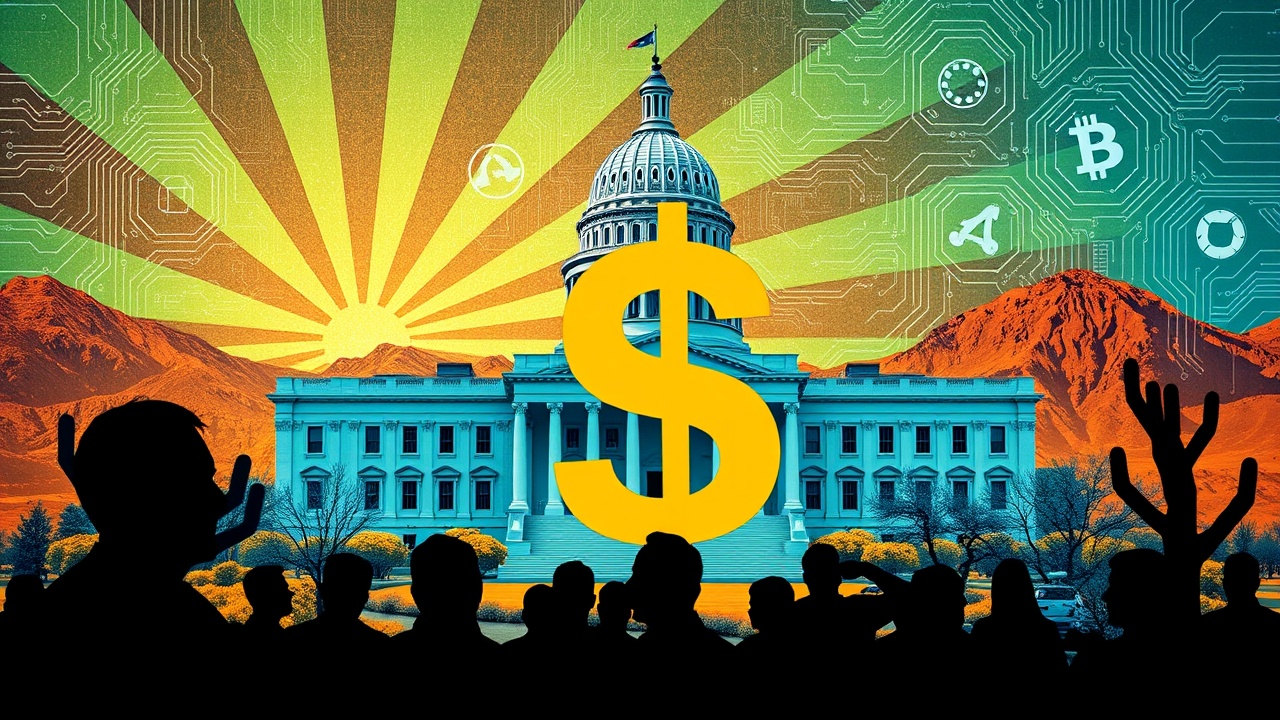Arizona’s Digital Asset Strategy
The Arizona legislature is on the brink of further developing its digital asset strategy, with SB 1373, also referred to as the Strategic Digital Assets Reserve Bill, having advanced successfully through the House Committee of the Whole.
Provisions of SB 1373
This bill proposes the creation of a Digital Assets Strategic Reserve Fund, which would consist of digital assets obtained through criminal investigations. Control of these assets would fall to the state treasurer, who would also have the authority to diversify investments. Specifically, the treasurer would be allowed to allocate as much as 10% of the fund’s value into various digital currencies each fiscal year. To boost returns, the treasurer can also offer loans from the fund’s assets, as long as these activities do not increase financial risk.
Political Dynamics and Challenges
However, the trajectory of SB 1373 could be jeopardized by current political dynamics, particularly opposition from Governor Katie Hobbs. The governor has recently indicated a firm stance by vowing to veto any legislation until her demand for a bill concerning disability funding is met. This week’s legislative actions have already seen her reject 15 different bills, raising further concerns about the fate of SB 1373.
Exploring Additional Legislation
In tandem with this bill, Arizona’s lawmakers are exploring the Arizona Strategic Reserve Act, branded as SB 1025. This legislation specifically hones in on Bitcoin, proposing to allow state treasury officials and retirement systems to invest up to 10% of their available assets in the cryptocurrency. Like SB 1373, SB 1025 has also passed through the House Committee and is awaiting a full vote.
Wider Trends in Bitcoin Reserve Initiatives
The push for establishing state-level Bitcoin reserves is becoming increasingly popular across the United States. While Arizona is making headway, other states are also advancing their own proposals. For instance, Utah recently implemented Bitcoin legislation but chose to eliminate language for a Bitcoin reserve in its conclusive reading. Meanwhile, Texas has seen its Senate approve a Bitcoin reserve bill, and New Hampshire has made progress on a comparable initiative in its House. These actions underscore a burgeoning interest among states to incorporate digital assets into their finances, although the reception of these innovations varies significantly across jurisdictions and could face hurdles from governors.

